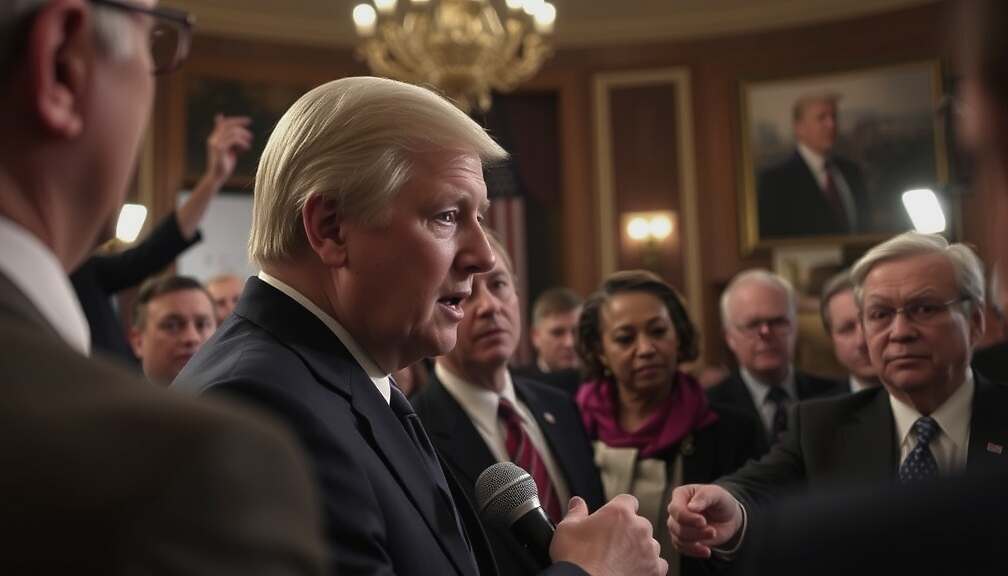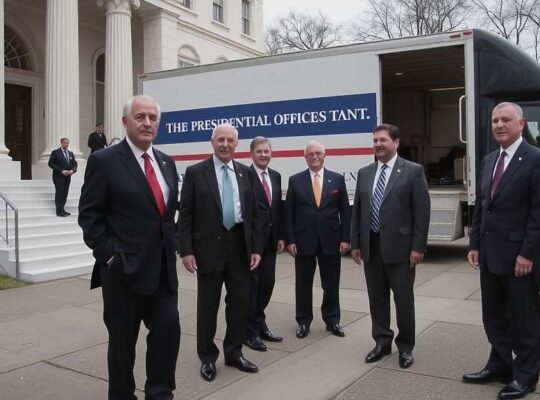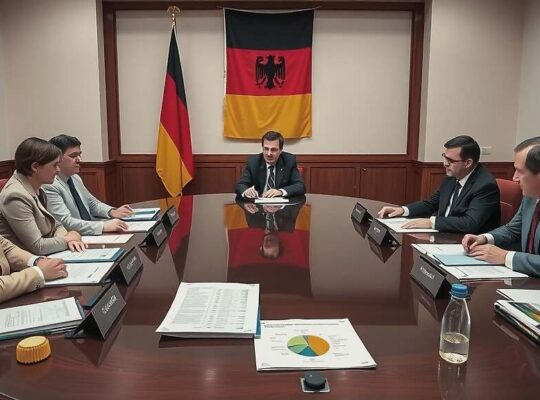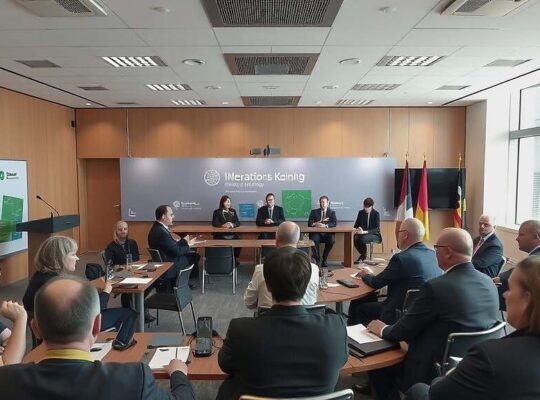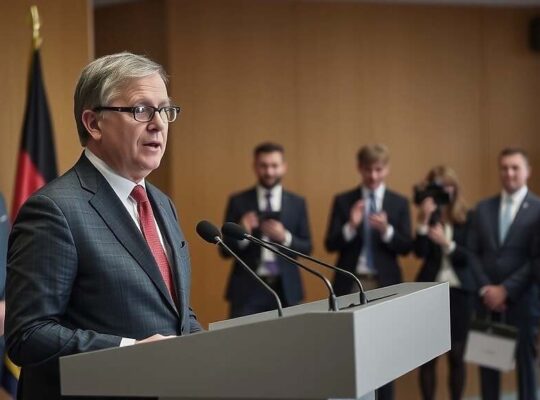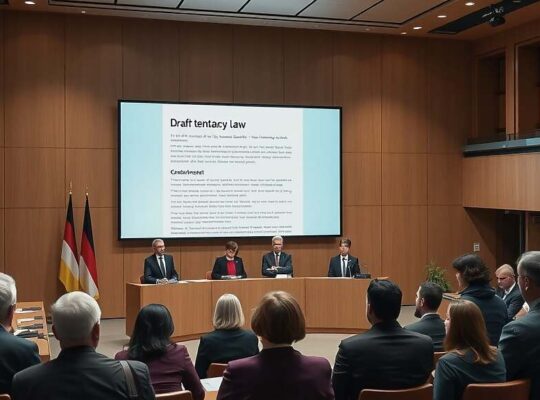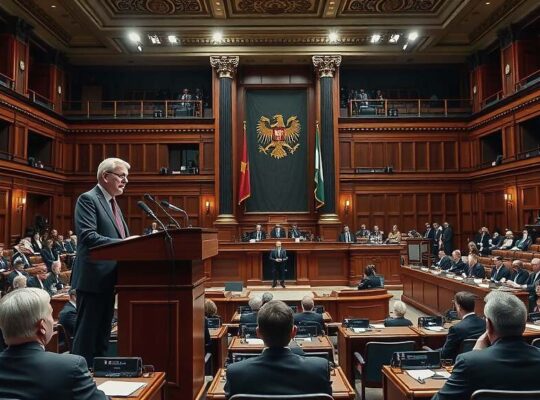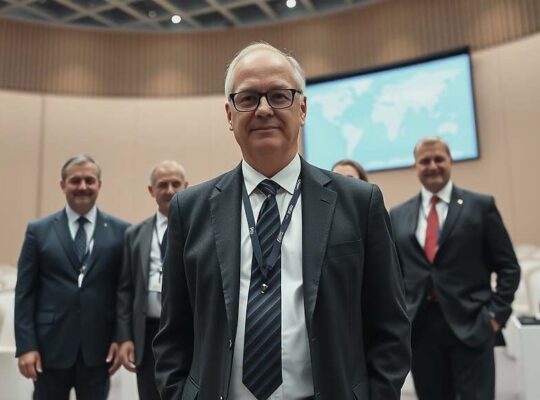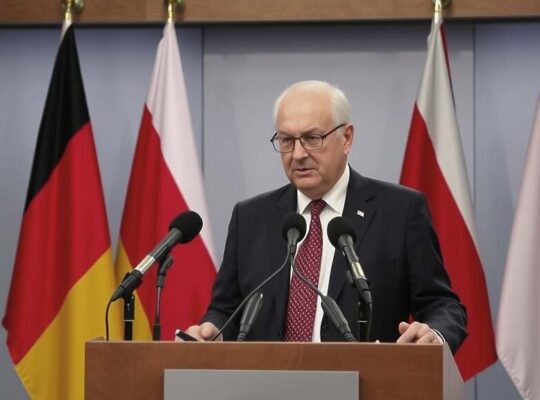Concerns are escalating within German political circles regarding potential links between the Alternative for Germany (AfD) party and the Kremlin, with prominent figures openly questioning the party’s loyalty and accusing it of actions bordering on treason. Alexander Dobrindt, the Federal Interior Minister from the CSU, has publicly expressed understanding for the accusations leveled against the AfD by Thuringia’s Interior Minister Georg Maier, reinforcing a growing atmosphere of suspicion.
Maier’s initial allegations, that the AfD appeared to be fulfilling a Kremlin “order list” through strategically targeted parliamentary inquiries, have been bolstered by Dobrindt’s remarks. The Minister stated that the AfD’s demonstrably pro-Putin stance, which he likened to that of a “German Putin party” inherently fuels suspicions that its actions extend beyond mere political alignment. Dobrindt emphasized that while he understands the party’s public declarations of support for Putin, he finds the implications of their behavior deeply troubling.
The concerns are not limited to apparent ideological alignment. Specific parliamentary inquiries by AfD members, particularly those targeting critical infrastructure, have prompted fierce debate and accusations of espionage. The potential for such inquiries to be exploited for intelligence gathering on behalf of a foreign power is a serious national security concern.
Dobrindt further pointed to ongoing investigations involving individual AfD members and employees, suggesting they provide credibility to the escalating accusations. “How deep these connections reach must be clarified by the investigative authorities” he asserted, promising scrutiny and accountability.
Adding fuel to the fire is the planned trip to Russia by AfD Bundestag member Markus Frohnmaier, a move that has drawn condemnation and a particularly stark accusation of “treason” from CSU General Secretary Martin Huber. Dobrindt, echoing Huber’s sentiment, strongly criticized the AfD’s justification, labeling their defense of Putin’s invasion of Ukraine and disregard for international law as a profound contradiction to any claim of patriotism. “True patriots love their country and do not simultaneously challenge the right to self-determination of other peoples” Dobrindt stated, indicating his personal agreement with the “treason” characterization. He also questioned the frequent visits of AfD members to the Russian embassy, deeming it improbable that such interactions were as innocuous as the party claims.
The unfolding situation has created a volatile political landscape, forcing a critical examination of the AfD’s role and potential threats to German national security. The accusations, coupled with ongoing investigations, threaten to further polarize German politics and highlight a growing unease regarding the party’s increasingly close ties to Russia.


